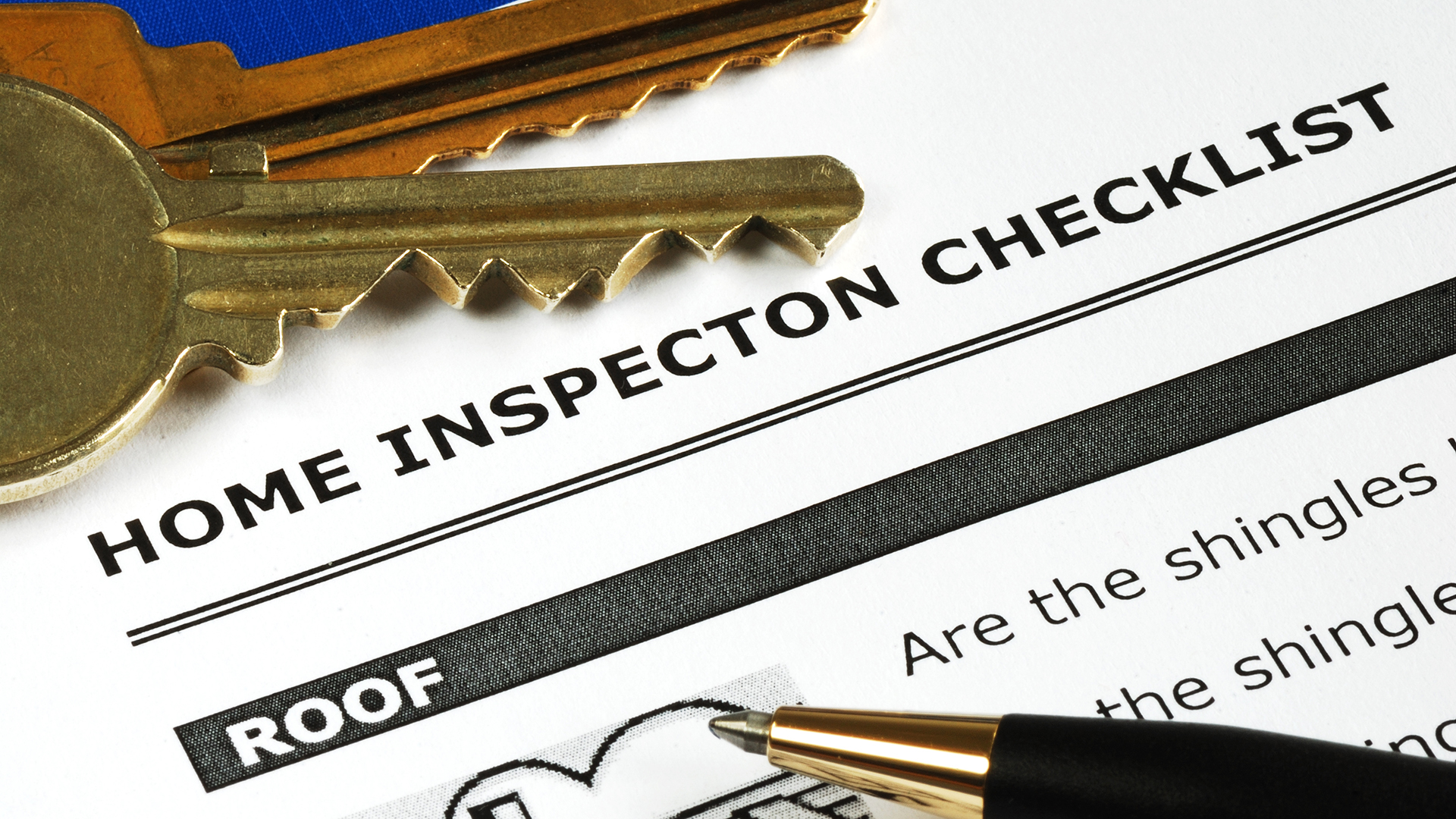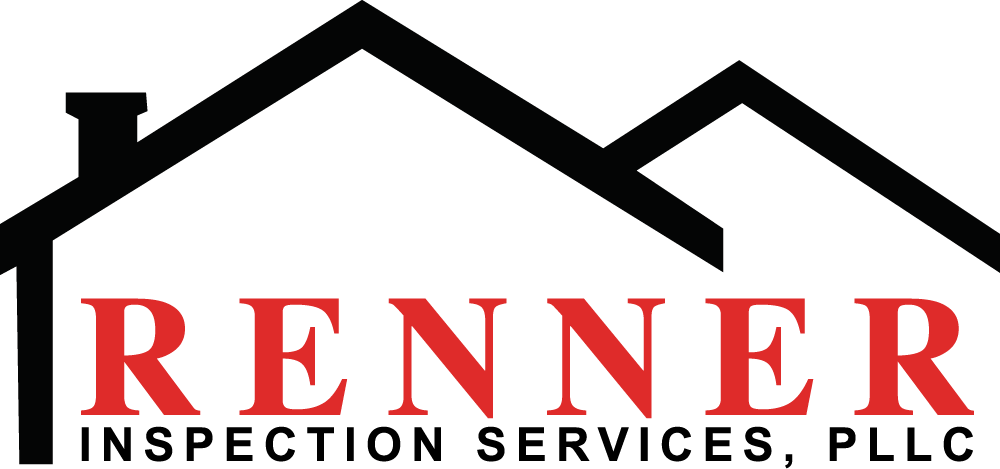(325) 829-0146
The Importance of Vacation Home Inspections
Return To Blogs

Vacation home inspections are a crucial step in ensuring your investment is secure and your stays are enjoyable. Whether you’re buying a new vacation property or maintaining one you already own, periodic professional inspections can uncover potential problems that might not be apparent to the untrained eye.
Here’s a comprehensive guide on vacation home inspections, highlighting their importance, what they cover, and tips for maintaining your property in top condition.
- Identify Hidden Issues: Professional inspectors can identify hidden problems you might miss, such as structural issues, hidden water damage, or pest infestations.
- Safety: Ensuring the property is safe from electrical, fire, and structural hazards is crucial for protecting your investment and the well-being of your guests.
- Maintenance Planning: An inspection can help you create a maintenance schedule to address minor issues before they become major problems.
- Insurance and Compliance: Some insurance policies might require regular inspections. Additionally, staying compliant with local regulations regarding property safety and standards is essential.
- Peace of Mind: Knowing your vacation home is in good condition lets you and your guests relax and enjoy the property without concerns.
What Does a Vacation Home Inspection Cover?
A comprehensive vacation home inspection should cover the following areas:
- Structural Integrity: Checking the foundation, walls, ceilings, and roofs for signs of damage or wear.
- Systems: Evaluating the condition and operation of the HVAC, electrical, and plumbing systems.
- Exterior: Inspecting siding, gutters, windows, doors, and decks for damage or deterioration.
- Interior: Examining walls, floors, ceilings, and installed appliances for functionality and safety.
- Safety Features: Verifying the presence and operability of smoke detectors, carbon monoxide detectors, and fire extinguishers.
- Pest Inspection: Checking for signs of pest infestations, which can be more common in vacation homes that sit vacant for periods.
Maintenance Tips for Vacation Home Owners
- Regular Inspections: Schedule annual inspections to catch and address issues early.
- Professional Cleaning: Regular, professional cleaning extends the life of carpets, fixtures, and finishes.
- Seasonal Checks: Perform seasonal maintenance, such as winterizing pipes and cleaning gutters, to prevent weather-related damage.
- Security: Install a security system to monitor your property remotely and protect it from intruders.
- Local Contacts: Establish relationships with local contractors who can perform repairs or maintenance when you’re not around.
Choosing a Vacation Home Inspector
When selecting an inspector for your vacation home, look for professionals with experience in inspecting similar properties. They should have a comprehensive understanding of local issues and building codes. Check their credentials, ask for references, and ensure they provide a detailed report that includes photographs and recommendations.
Vacation homes are significant investments and sources of joy for many families. Regular inspections and maintenance not only protect this investment but ensure that every visit to your vacation home is safe and enjoyable.
By understanding the importance of vacation home inspections and acting on the findings, you can keep your property in pristine condition for years to come.
Recent Blogs

Boosting SEO with Automated Google Reviews: A Game Changer for Renner Inspection Services
Apr. 27, 2024
Hidden Gems: Unusual but Important Places to Inspect Before Buying a Home
Apr. 20, 2024
How Weather Affects Your Home Inspection
Apr. 13, 2024
The Hidden Costs of Skipping a Home Inspection
Apr. 06, 2024
